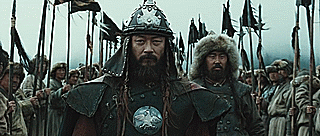Strategic Leadership Analysis
Lincoln archetypes listen longer, seek common language, and frame conflict as solvable. You turn opponents into collaborators by honoring their dignity while holding the line on principle.
Strengths
- Turns opponents into collaborators through respect
- Communicates complex ethics in plain speech
- Holds firm principles while remaining pragmatic
- Absorbs pressure without lashing out
- Uses storytelling to humanize policy decisions
Pressure Points
- Internalizes stress and grief
- Deliberation can appear indecisive
- Self-sacrifice risks burnout or isolation
- May tolerate dysfunctional advisors too long
- Needs quick wins to maintain coalition confidence
Relationship Operating System
You thrive with partners who notice your emotional load and encourage rest. Sharing vulnerability strengthens your ability to carry others.
Deployment Zones
Policy leadership, negotiation, people operations, legal mediation, mission-driven startups
Leadership Lessons to Apply Today
Protect calendar space for reflection with trusted peers. Build guardrails so empathy does not become martyrdom.



